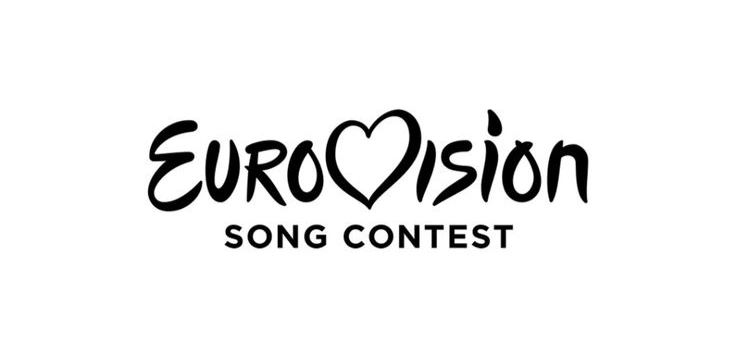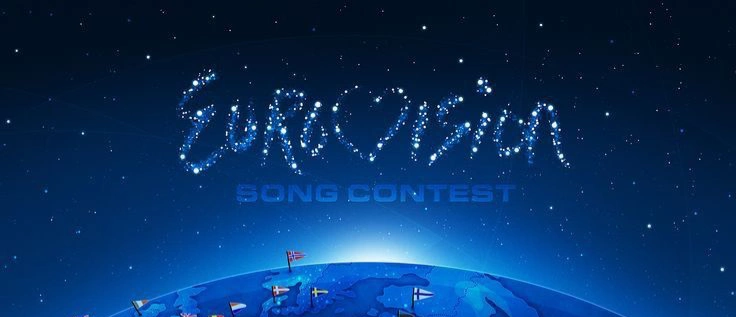Eurovision and Georgia: A Path to Musical Identity
Eurovision is not only the largest international song contest, but also a cultural platform where countries showcase their art, traditions, and contemporary music. For Georgia, participation in this project has become an important opportunity to present itself to the world, demonstrate national identity, and reveal talents that shape the country’s image on the global stage.
First Steps
Georgia made its Eurovision debut in 2007. The country first appeared on the European stage with Sopho Khalvashi’s song Visionary Dream. The debut was successful: Georgia immediately reached the final and secured a respectable position. This beginning inspired both the audience and musicians within the country.
Best Results
Georgia’s greatest successes came in 2010 and 2011. In 2010, Sofia Nizharadze with the song Shine took 9th place in the final, impressing audiences with her powerful vocals and striking stage image. Just a year later, the band Eldrine with One More Day repeated this result, once again proving that Georgia could compete with Europe’s strongest contenders.
Challenging Years and New Hopes
After several unsuccessful attempts to reach the final, Georgia once again made headlines in 2024. Singer Nutsa Buzaladze with Firefighter qualified for the final, taking 21st place, and rekindled the country’s sense of belonging to the grand contest. In 2025, Mariam Shengelaya represented Georgia with the song Freedom. Although she did not reach the final, her performance was praised for its emotion and modern sound.

Political Scandal
Georgia’s Eurovision story was not without controversy. In 2009, the country withdrew after the European Broadcasting Union refused to accept the song We Don’t Wanna Put In. The jury interpreted its title and lyrics as a political reference to Vladimir Putin, sparking a scandal and Georgia’s boycott. This episode showed that Eurovision is not only about music but also a reflection of political realities.
Junior Eurovision: Georgia’s Leadership
While Georgia has not yet claimed victory in the adult Eurovision, in Junior Eurovision the country is a true leader. Since 2007, Georgia has participated actively and has won four times: in 2008, 2011, 2016, and 2024. This makes it the most successful participant in the history of the competition. Moreover, in 2025 Tbilisi will host the Junior Eurovision final, which will be a major cultural event for the country.
The Meaning of Eurovision for Georgia

For Georgia, Eurovision is more than a contest. It is a way to tell millions of viewers across Europe about its culture, language, and contemporary musical styles. Georgian performances often combine national motifs with modern genres, making them unique and memorable.
Conclusion
Although Georgia has not yet become a winner of the adult Eurovision, its participation has already become part of the contest’s history. Each performance is a step toward strengthening the national music scene and achieving new international success. Victories in Junior Eurovision confirm that Georgian music has a bright future, and new achievements are yet to come.
Close